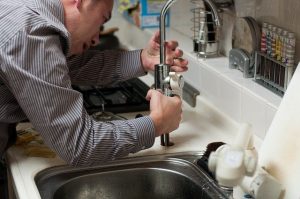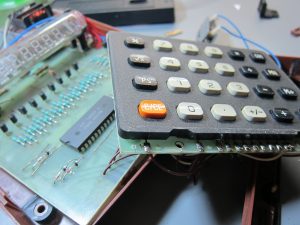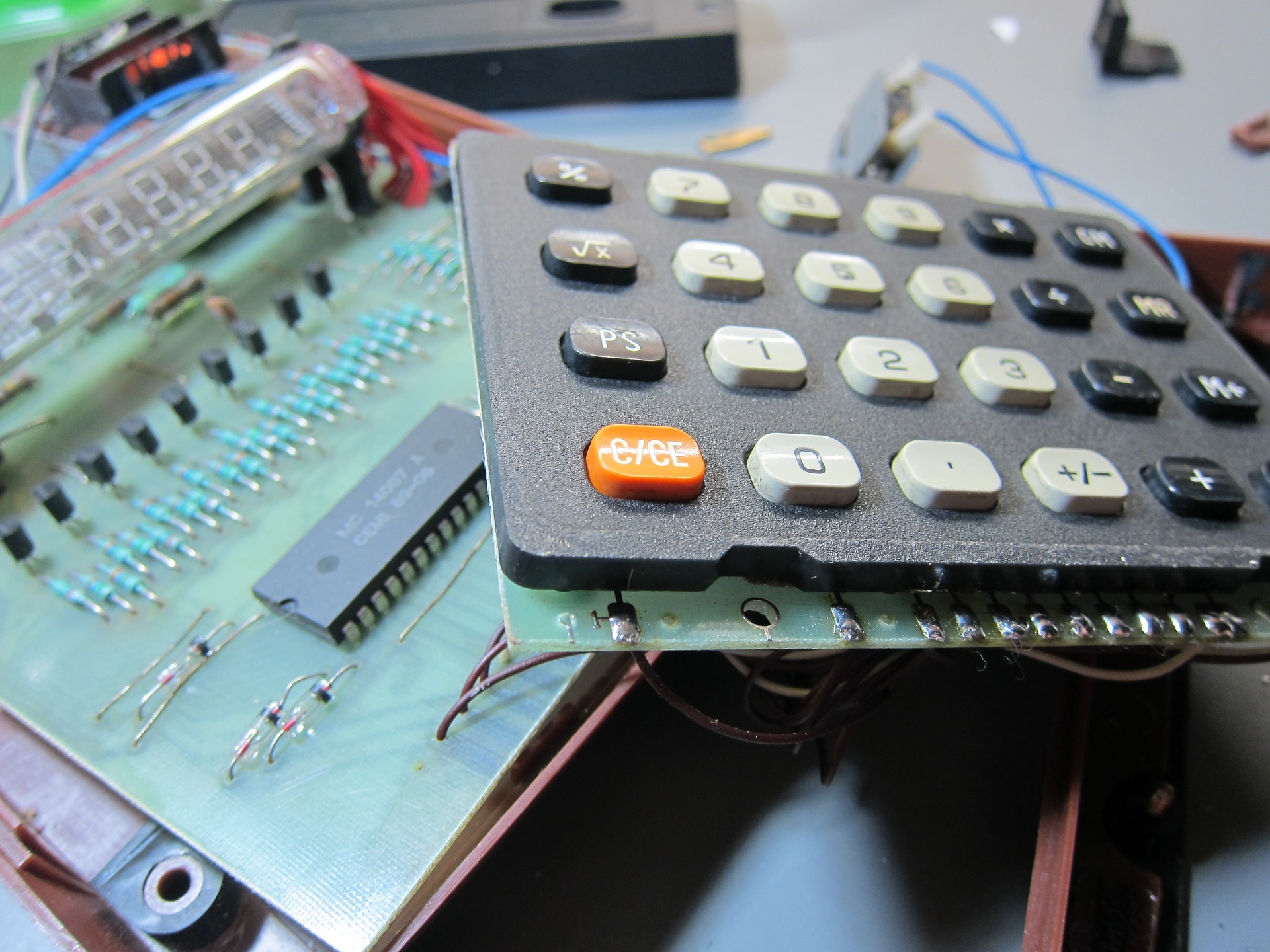The wisdom teeth could require removal If they cause discomfort. The third molar usually appears about the age of 17 years old.
If they are not aligned correctly, are growing in the wrong direction, or have been imperforate (stuck underneath another tooth) Wisdom teeth must be pulled. Wisdom teeth that have been impacted could cause a range of oral health issues, including infection, discomfort and damage adjacent teeth.
What is the reason for it?
Wisdom teeth are also known as third molars. They`re the final set of molars that will grow. These teeth date back to an era in which people ate more hard leaves, seeds and roots than nowadays. They aren`t needed in the mouth, as other molars perform exactly the same task.
Dentists recommend removing your teeth as quickly as possible regardless of where they`re within your mouth. This is an essential action to ensure the health of your mouth and to prevent several painful illnesses from developing. More information: extraction of third molar
The wisdom tooth`s roots tooth may press against or wrap around the nerves of your jaw`s lower region. This can result in inflammation or pain, and may hinder normal tongue, lip, and chin functions. If your dentist suspects this, he may replace the tooth with dental implants.
There is a chance that you will need to have wisdom teeth removed if they`re blocking other teeth from growing or causing harm to gums and teeth nearby. It can be caused by crowded wisdom teeth or teeth which grow at an abnormal angle.
It can also cause problems when teeth have been impacted, but don`t break the gums. They could force teeth to the side, causing dental misalignment or bite problems.
Food particles and plaque can cause tooth decay on the teeth of the neighboring molars. Because they`re difficult to keep clean, they can increase the chance of developing gum infections and gum disease.
If you have a wisdom tooth that is damaged, your dentist may be able to consult you right away for extraction. They will take X-rays of your mouth and then refer to you for extraction after they`ve found that the tooth is causing discomfort or other problems.
Why is it needed
If your wisdom teeth (also called third molars) aren`t growing properly, or if they remain partially or completely impacted dental surgeons and dentists advise having them removed. The teeth are removed to avoid dental problems and maintain your dental health.
When you have your first dental check-up, your dentist may take x rays to view the four wisdom teeth. The x-rays will reveal whether wisdom teeth are growing in a healthy manner.
The x-rays may also reveal any issues your wisdom teeth might create. This includes crowded teeth, the misalignment of your teeth and even tooth decay as well as gum disease.
Additionally, your dentist may examine your bite and determine if you are pulling or pushing your current teeth out of align. These problems may lead to dental misalignment and jaw discomfort.
Additionally teeth that are affected may become food or bacteria traps that can cause infections and cavities. These teeth can cause problems with your bite, and also put unnecessary pressure on adjacent teeth, which can cause headaches or jaw pain.
See your dentist as soon as you experience pain or discomfort in your teeth or jaw. This will allow your dentist to identify the issue and determine whether the wisdom teeth are infected or affected.
If your wisdom teeth cause you serious health problems, such as infection or pain, then your dentist may recommend that they be taken out. If your impacted wisdom teeth are causing damage to other teeth or if you suffer from gum diseases, this may be the case.
The surgical removal of wisdom teeth is a very frequent procedure. However it requires a lot of knowledge and training. The removal of wisdom teeth is generally recommended as soon after the eruption as possible in order to avoid complications.
After a wisdom-tooth extraction, you will be able to reduce the risk of developing an infection by being vigilant in using a mouthwash. Always eat soft food and swish your mouth gently with antimicrobial mouthwash. You should avoid smoking, drinking through the spout, and drinking through straws.
It is also important to get rid of your wisdom teeth as quickly as you can if you suffer from other dental issues, such as tooth decay or gum disease. If your wisdom teeth have been affected or if they don`t grow correctly, the problem could be more difficult to treat.
What happens during the procedure?
An anaesthetic, or sedative, will be given by your dentist prior to the procedure. This way you won`t be in discomfort. They will use special instruments to loosen the tooth, and remove it. A pair of dental forceps will be used to scrub and remove the tooth.
If the situation is complex Your dentist might remove the wisdom tooth in one shot or break it up into smaller pieces. This will make the process much easier. This can help speed the healing process of your mouth.
When the anaesthetic begins to work, they`ll make a couple of small incisions along your gum line to eliminate the tooth and bone. They will then stitch the gum so that it heals properly.
After the procedure, you could be afflicted with pain or swelling however these will subside in a matter of days. Follow the instructions of your dentist regarding post-treatment. For instance it is advised not to consume hot food or drinks and don`t brush your teeth near the surgical site. It is also possible to require an antiseptic mouthwash or an antibiotic.
The wisdom tooth removal procedure can cause numbness in the mouth. However, some pressure may be felt as it is removed. This is completely normal. It is also common to be prescribed painkillers like paracetamol or ibuprofen.
The surgeon first cuts into the gum to expose the roots of wisdom teeth as well as the bone underneath. This can be done with dental instruments such as scalpels.
The dentist will put a dressing in your mouth after the surgeon removed the tooth and bone. This will stop bleeding. They will also place some gauze in your mouth, so that the extraction hole will make an emulsion.
It`s recommended to care for the extraction site and to visit the dentist once again following the operation. Drink plenty of fluids to ensure that the blood clot stays solid and avoid dry socket.
What happens in the future?
Your dentist or oral surgeon could use a gauze to absorb the blood at surgical sites. They may replace the gauze on a regular basis in the event that it becomes necessary. A irrigating pen will be used to flush out food particles following each meal.
The majority of patients are able to eat again within three to four days after surgery. But some patients may require longer time for the area of extraction to fully heal and feel comfortable.
Your mouth may experience discomfort right after wisdom teeth removal It`s normal. As your mouth heals you will be more comfortable.
You should avoid chewing on the cheeks or lips after surgery as this may cause bleeding. Furthermore, a lot of spitting might dislodge a blood clot that`s developed.
If you experience severe swelling or bleeding, contact your doctor as soon following your wisdom tooth extraction as possible. The swelling will typically subside within seven days. The peak usually occurs 3-4 days post-op.
As soon as you have completed your procedure, make sure you adhere to all the guidelines that your dentist has given you. This will help to avoid complications and infections later on.
The process of healing is speeded up by following the instructions of your dentist following the wisdom tooth extraction. You will be given instructions by your dentist on when to eat food that is solid and when.
If you`re able to consume food, choose soft and liquid food items that don`t require chewing. If you can`t eat at all get in touch with our office as soon as you can for help.
After your procedure Your dentist may suggest that you do not rinse or brush your teeth. This could last for a few days.
It`s a good idea to take antibiotics after the wisdom tooth extraction. If your dentist prescribes antibiotics or you purchase them from a pharmacy, they will assist in boosting the good bacteria that is essential in healing.





